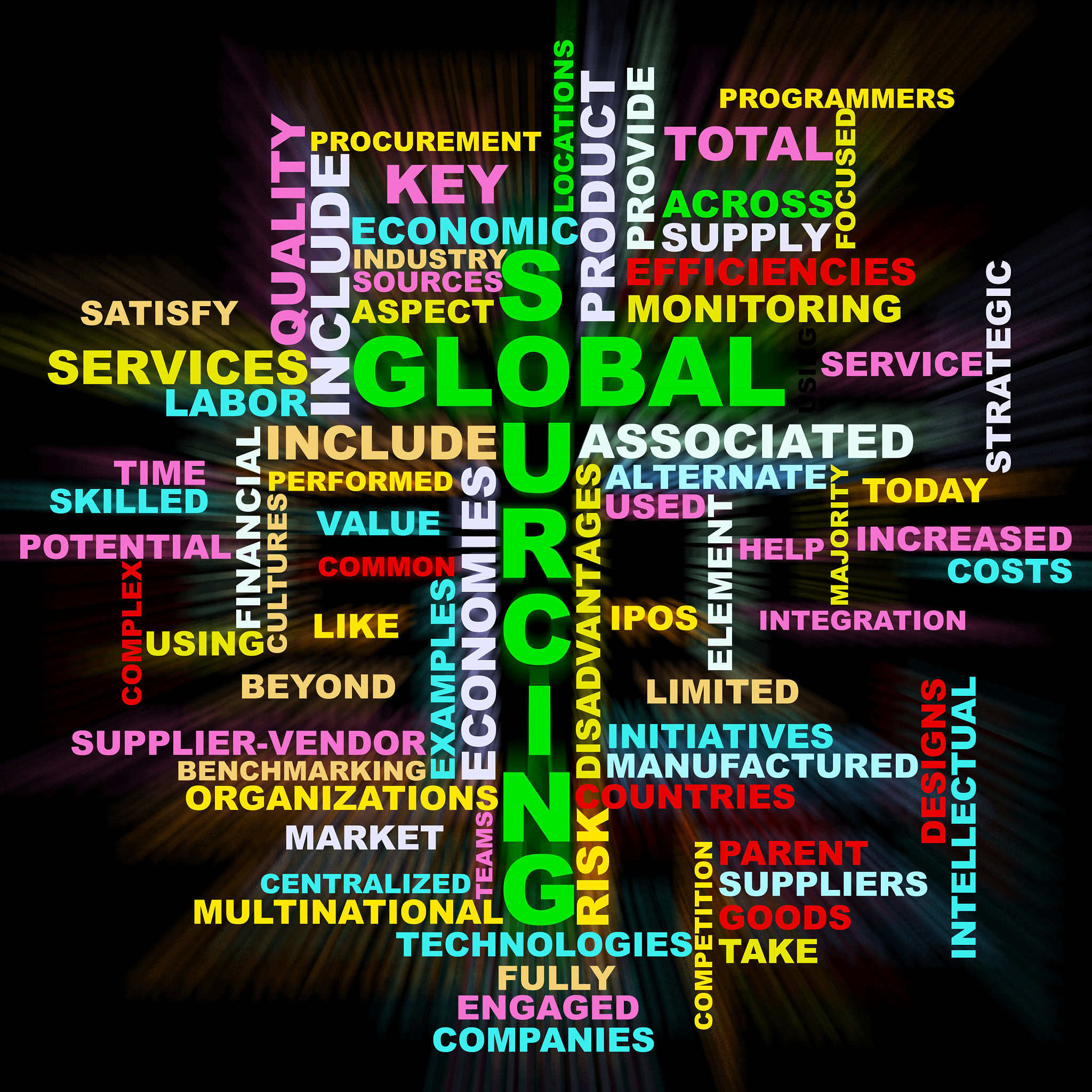Special Needs Law: Protecting Rights on an International Scale
IH
Understanding Special Needs Law
Special needs law is a vital area of legal practice dedicated to advocating for individuals with disabilities. This field encompasses a wide range of legal issues, including education, healthcare, employment, and housing rights. Globally, the aim is to ensure that individuals with special needs receive equal opportunities and are free from discrimination. With a focus on inclusivity, special needs law works to protect the rights of a vulnerable population.

The Importance of International Frameworks
International frameworks play a crucial role in the protection of rights for people with special needs across the globe. The United Nations Convention on the Rights of Persons with Disabilities (CRPD) is a landmark treaty that has been adopted by numerous countries. This convention sets out the rights of people with disabilities and establishes global benchmarks for their treatment. By fostering international cooperation, the CRPD aims to create a world where individuals with disabilities can enjoy the same freedoms and opportunities as everyone else.
Countries that ratify the CRPD are obligated to align their national laws with its principles. This not only helps improve the legal landscape within individual countries but also promotes a shared understanding of disability rights on an international scale. Compliance with the CRPD can drive significant policy changes, encouraging nations to enhance accessibility and inclusivity.
Challenges in Implementation
Despite international agreements like the CRPD, implementing special needs law effectively remains a challenge in many regions. Factors such as lack of resources, limited public awareness, and insufficient legal frameworks can hinder progress. Additionally, cultural attitudes towards disability can vary widely, impacting how laws are enforced and perceived.

To overcome these challenges, collaboration between governments, non-governmental organizations, and advocacy groups is essential. Increased funding for disability programs and education campaigns can help raise awareness about the rights of individuals with special needs. Furthermore, training for legal professionals in this specialized area of law is crucial for effective implementation and enforcement.
Advancements in Technology and Accessibility
Technology has become a powerful tool in advancing accessibility for people with special needs. Innovations such as assistive devices, accessibility software, and inclusive design principles are transforming everyday life for many individuals. By integrating technology into policy-making, governments can better support the rights of people with disabilities.
Global Initiatives Promoting Inclusion
Numerous global initiatives are dedicated to promoting inclusion and accessibility for individuals with special needs. Organizations like the World Health Organization and various international NGOs work tirelessly to address barriers and advocate for policy changes that enhance quality of life for those with disabilities.

These initiatives often focus on areas such as inclusive education, accessible transportation, and workplace accommodations. By addressing these key areas, they help create environments where individuals with disabilities can thrive. Public and private partnerships are also crucial in driving these efforts forward, ensuring that special needs law continues to evolve and adapt to changing societal needs.
The Path Forward
Looking ahead, there is still much work to be done in the realm of special needs law. As societies continue to evolve, so too must our approach to disability rights. Ongoing advocacy and awareness-raising are essential in creating a more inclusive world where everyone has the opportunity to reach their full potential.
By supporting international frameworks like the CRPD and embracing technological advancements, we can make significant strides in protecting the rights of individuals with special needs on a global scale. Together, we can work towards a future where every person is valued for their unique contributions and abilities.